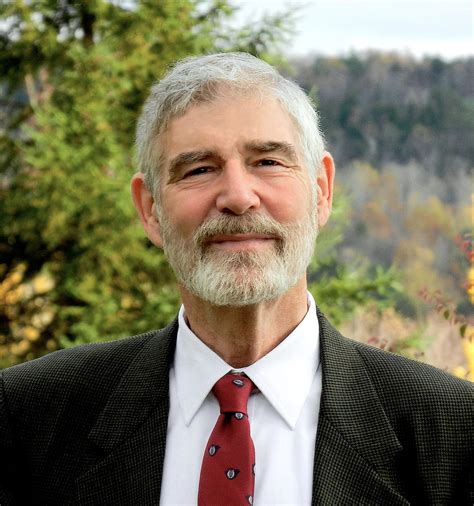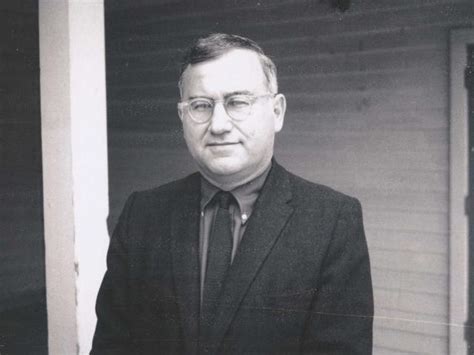A Quote by Alphonsus Liguori
True charity consists in doing good to those who do us evil, and in thus winning them over.
Related Quotes
What is meant by charity? Charity is not fundamental. It is really helping on the misery of the world, not eradicating it. One looks for name and fame and covers his efforts to obtain them with the enamel of charity and good works. He is working for himself under the pretext of working for others. Every so-called charity is an encouragement of the very evil it claims to operate against.
Thus, then, stands the case. It is good, that authors should be remunerated; and the least exceptionable way of remunerating them is by a monopoly. Yet monopoly is an evil. For the sake of the good we must submit to the evil; but the evil ought not to last a day longer than is necessary for the purpose of securing the good.
Either over neither, both over either/or, live-and-let-live over stand-or die, high spirits over low, energy over apathy, wit over dullness, jokes over homilies, good humor over jokes, good nature over bad, feeling over sentiment, truth over poetry, consciousness over explanations, tragedy over pathos, comedy over tragedy, entertainment over art, private over public, generosity over meanness, charity over murder, love over charity, irreplaceable over interchangeable, divergence over concurrence, principle over interest, people over principle.
We often equate charity with visiting the sick, taking in casseroles to those in need, or sharing our excess with those who are less fortunate. But really, true charity is much, much more. Real charity is not something you give away; it is something that you acquire and make a part of yourself. And when the virtue of charity becomes implanted in your heart, you are never the same again.
We can work, study, laugh and have fun, dance, sing, and enjoy many different experiences. These are a wonderful part of life, but they are not central to why we are here. The opportunity to choose good over evil is precisely why we are here. Not one of us would say, "I want to choose evil." We all want to choose the right. However, the choice of good over evil is not always easy, because evil frequently lurks behind smiling eyes.
When one has once accepted and absorbed Evil, it no longer demands the unfitness of the means. The ulterior motives with which youabsorb and assimilate Evil are not your own but those of Evil.... Evil is whatever distracts. Evil knows of the Good, but Good does not know of Evil. Knowledge of oneself is something only Evil has. One means that Evil has is the dialogue.... One cannot pay Evil in installments--and one always keeps on trying to.
Religion consists much in holy affection; but those exercises of affection which are most distinguishing of true religion are these practical exercises. Friendship between earthly friends consists much in affection; but those strong exercises of affection that actually carry them through fire and water for each other are the highest evidences of true friendship.
Nonviolence seeks to ‘win’ not by destroying or even by humiliating the adversary, but by convincing [the adversary] that there is a higher and more certain common good than can be attained by bombs and blood. Nonviolence, ideally speaking, does not try to overcome the adversary by winning over [them], but to turn [them] from an adversary into a collaborator by winning [them] over.




































